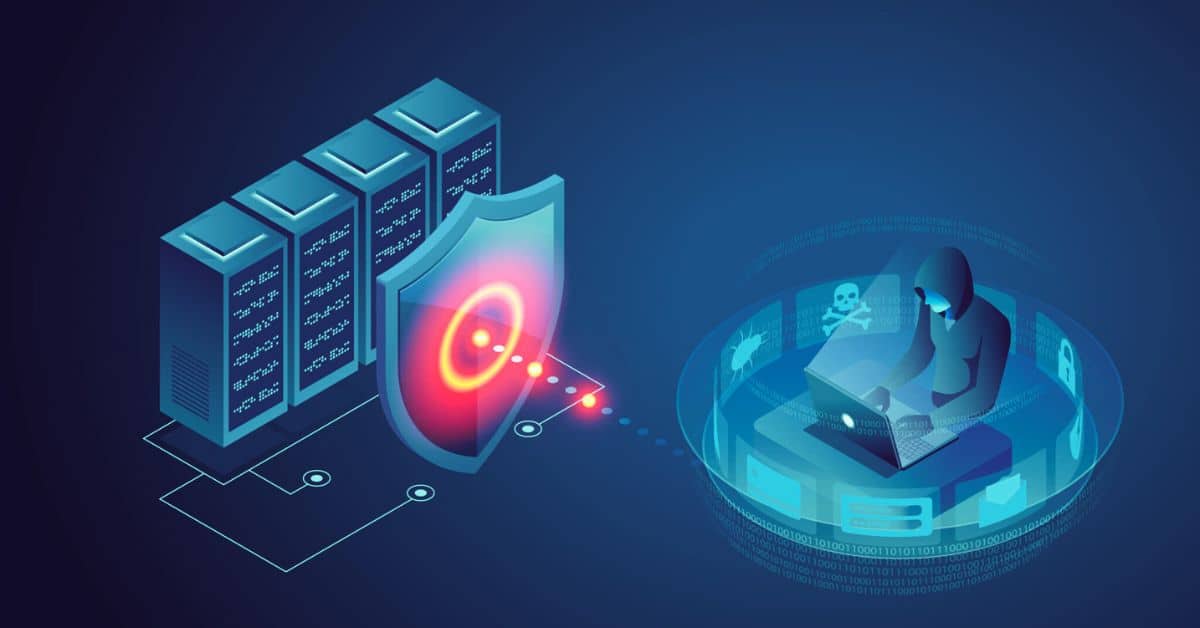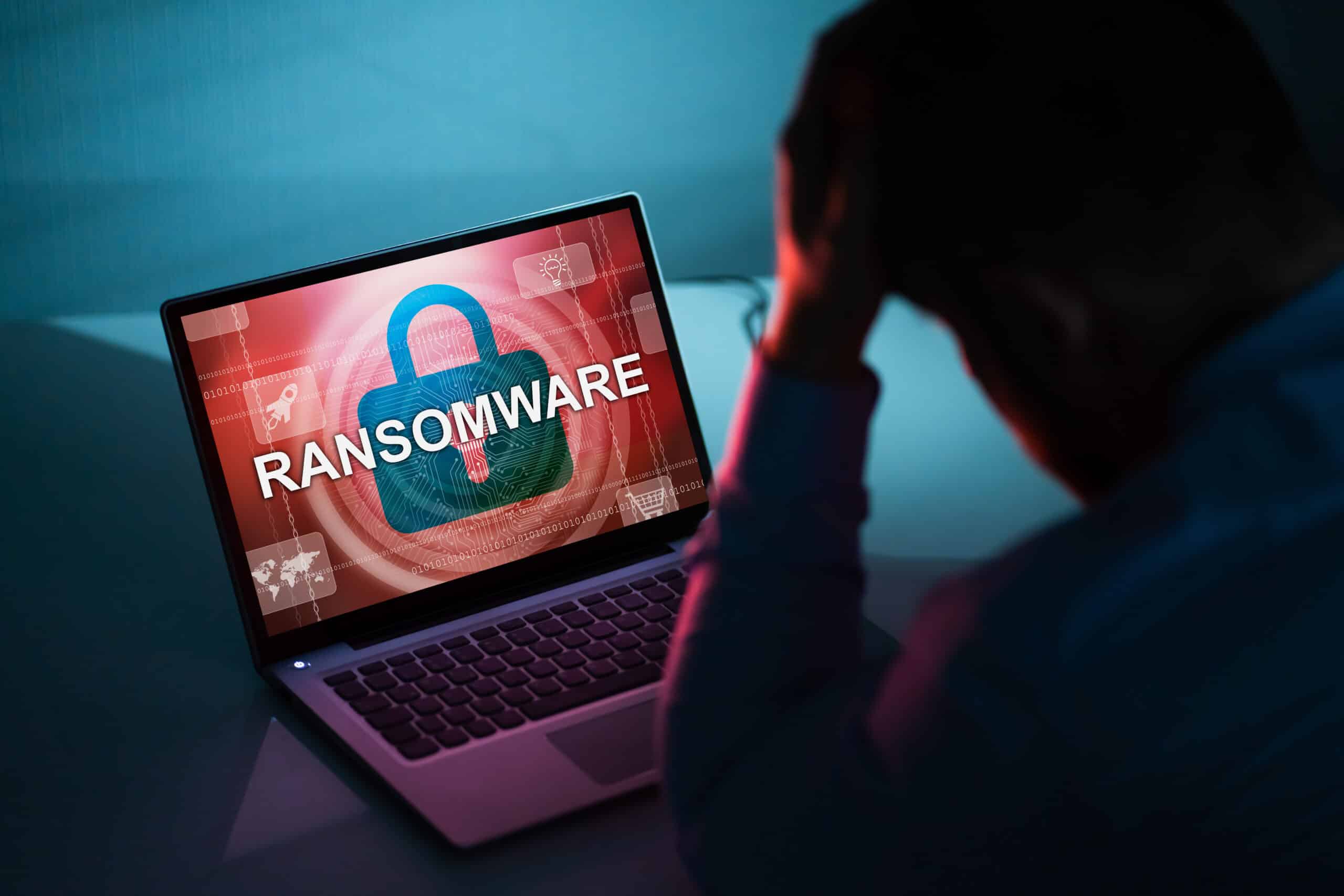Bring Your Own Device (BYOD) is a growing trend which refers to a company’s policy of allowing employees to use their own personal devices – such as mobile devices, tablets, and laptops – to access corporate data and applications. While there are benefits of a BYOD policy, especially for a small business, it naturally carries many risks, too.
So, let’s look at the benefits and challenges a BYOD policy brings!
Table of Contents
3 Benefits of BYOD
1. Increased Productivity
Users are more likely to increase productivity when they are using familiar devices. Employees can take full advantage of their device and its features because they are already experts at navigating the device.
2. Greater Flexibility
An advantage of adopting a BYOD policy is the flexibility it offers to employees, which in turn can increase employee engagement.
Bring your own device offers new opportunities for remote work, no longer restricting employees to their office workstation or cubicle. They can carry out job responsibilities from home, a coffee shop, their child’s dance recital, or while traveling without the need to switch devices.
3. Reduced Costs
Costs involved in purchasing and maintaining employee devices can be mitigated or even eliminated completely by adopting a BYOD policy. Employees are also generally more likely to take better care of their own personal devices, which in turn can reduce costs on repairs.

3 Challenges of BYOD
1. Compromised Data Security
One of the biggest challenges of BYOD is the security risks. Unfortunately, letting employees use their own smartphones, tablets, and laptops increases the likelihood of sensitive company or customer/client data being compromised.
Personal devices may not be password protected, have adequate malware protection and/or operate on secure networks. These security risks can prevent a company from maintaining compliance and properly safeguarding against corporate data breaches.
Solution: To minimize exposure to business and legal concerns, it is important for companies to establish a comprehensive mobile device security policy and never make any exceptions to it whatsoever.
2. Employee Privacy
Another challenge of a BYOD policy is balancing employee privacy while also taking security measures over their personal devices to secure company data.
Solution: It is important to devise a BYOD policy that clearly segregates corporate and personal data to help ease employee’s concerns regarding privacy.
3. Handling Employee Turnover
Companies must consider how they will address the retrieval of corporate data and information from an employee’s device if the employee leaves the company. If an employee leaves and your company does not have the technology or policies in place to recapture corporate data from their personal device, the data will likely leave with the employee.
Solution: Handling employee turnover in a BYOD environment requires careful planning to protect corporate data.
Several techniques can be used, such as implementing a Mobile Device Management (MDM) system that allows for remote wiping of corporate data from personal devices. Another approach is enforcing strict BYOD policies that mandate the return or secure erasure of company data upon an employee’s departure.
To determine the best approach for your organization, consult your IT team or managed service provider (MSP). They can assess your specific needs and recommend the most effective solution to ensure your corporate data remains secure.
The Importance of Mobile Device Management
A secure, successful BYOD deployment involves more than just a clearly defined policy. Businesses must keep track of all of the devices that access their server, applications, and data.
One of the most important tools in this effort is Mobile Device Management (MDM). MDM provides an enhanced level of control over employee-owned devices ensuring that all devices are configured, deployed, and properly monitored and managed.
Teal’s managed IT services offer comprehensive MDM solutions to provide your company peace of mind in a BYOD environment. Contact us today for a no obligation free assessment to discuss what solution is best for your business.














